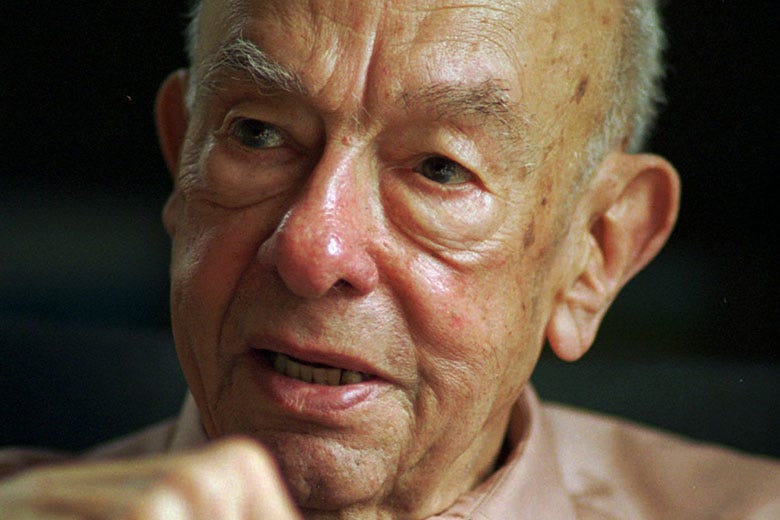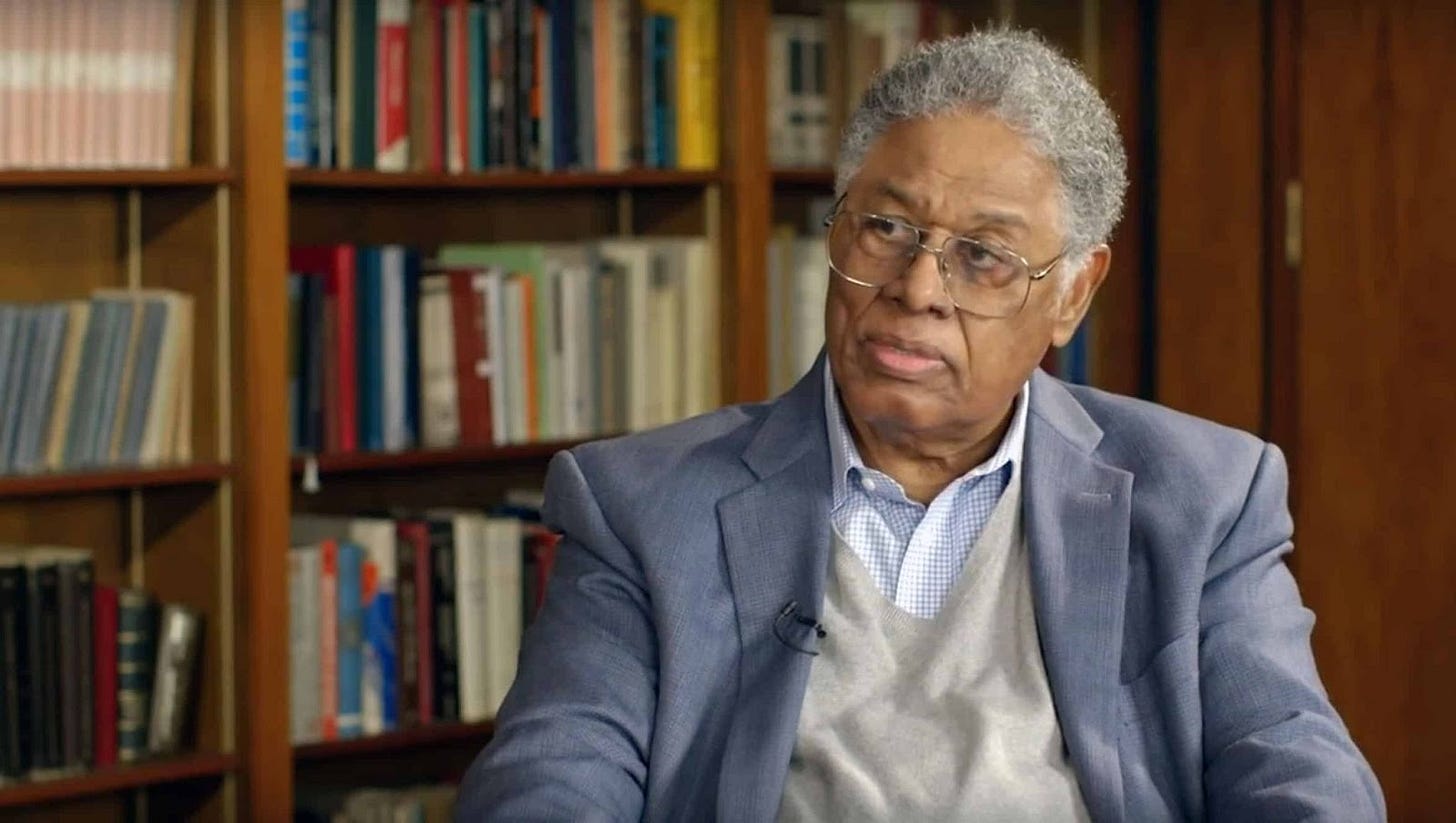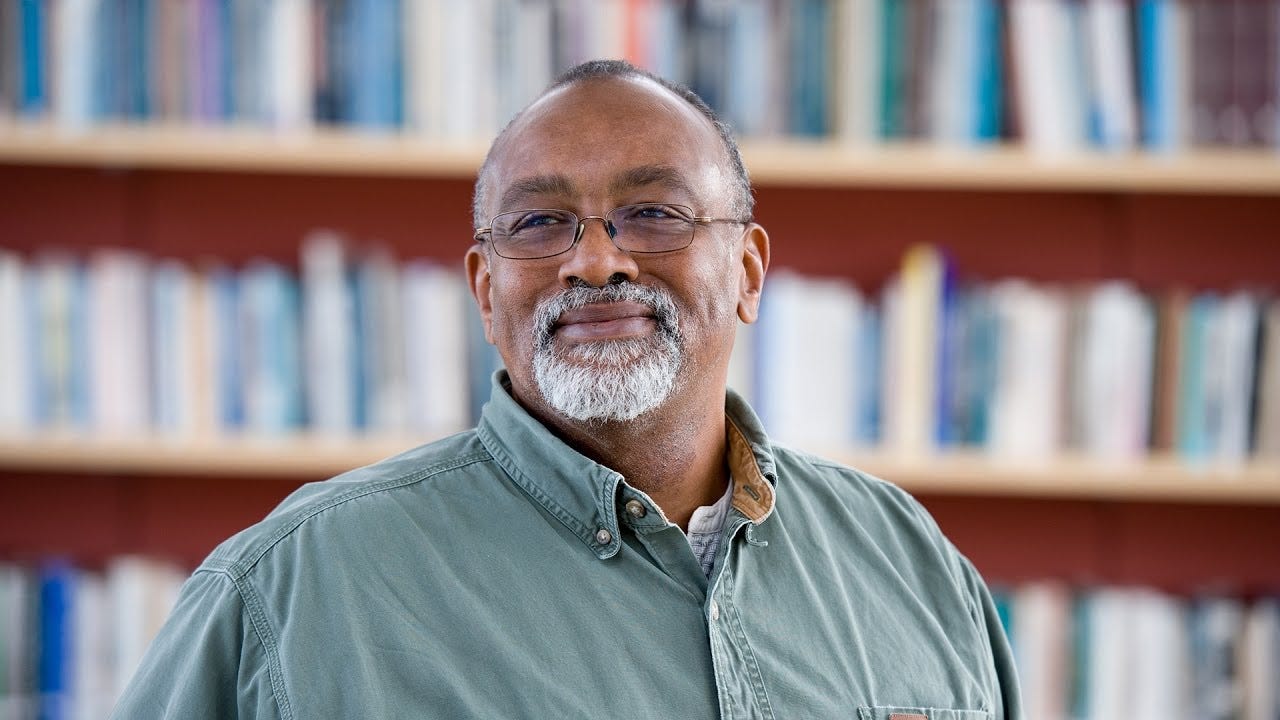Why Religious Liberalism Must Welcome Political Diversity
Defending Political Pluralism in Liberal Faith Communities
“Republicans are kind of an endangered species in Unitarian Universalism, and that's unfortunate for us. I hope our congregations become more politically diverse. Perhaps we will find we will learn important things from each other.”— UU minister Rev. Christine Robinson
“We have allowed the ideological diversity of our congregations to decline dramatically, demonizing dissent and shielding ‘correct’ ideas from honest and potentially disconfirming confrontation with alternative points of view. The damage is now obvious and may prove catastrophic.”— UU minister Rev. Kate Braestrup
In contemporary American culture, political affiliation has become a primary marker of identity and belonging. As a result, terms like “liberal” are often falsely conflated across different domains, particularly religion and politics. In religiously liberal churches such as Unitarian Universalism, the United Church of Christ, Quakerism, and Reform and Reconstructionist Judaism, this conflation can obscure important distinctions. Confusing religious liberalism with political progressivism risks marginalizing those who embrace liberal spiritual values but hold different political views.
What Is Religious Liberalism?
Religious liberalism is not a political stance but a spiritual orientation grounded in freedom of belief, individual conscience, and open inquiry. It sees truth as evolving and discovered through dialogue and experience, rather than imposed by authority. The tradition embraces theological diversity, intellectual openness, and ethical commitment over doctrinal conformity.
Unitarian Universalism exemplifies this ethos, welcoming a wide spectrum of beliefs—from Christian to atheist, Buddhist to pagan—while affirming shared values such as compassion, justice, and spiritual freedom. Figures such as William Ellery Channing and Ralph Waldo Emerson shaped this tradition by emphasizing reason, moral independence, and the dignity of every person.
Religious Liberalism Is Not Politically Prescriptive
It is a common mistake—even among members of religiously liberal churches—to equate religious liberalism with leftist politics. One can fully embrace religiously liberal principles, such as the inherent worth of every person and freedom of conscience, while holding conservative, moderate, independent, or libertarian political views.
These values—like individual liberty, respect for conscience, and skepticism of centralized authority—align with a range of political philosophies. A religious liberal might be socially inclusive but fiscally conservative, or spiritually open while favoring traditional governance. Libertarians often resonate with the liberal religious commitment to personal freedom.
Prominent politically conservative intellectuals such as Thomas Sowell, Friedrich Hayek, George Will, and Willard Quine were or are agnostic or atheist. Others, such as Leo Strauss, Jordan Peterson, and T.S. Eliot, were or are spiritual independent thinkers. Raised in an interfaith family, Barry Goldwater was a secular humanist, a supporter of religious freedom and pluralism, and a vocal opponent of religious dogmatism and mixing religion with politics.
To collapse religious liberalism into strictly far-left politics is to narrow the spiritual and intellectual scope and imagination of the tradition.

Religiously Liberal Churches Require Heterodoxy and Viewpoint Diversity
Religiously liberal communities must be willing to engage seriously with perspectives outside the leftist consensus. Conservative, libertarian, and heterodox thinkers such as Sowell, Peterson, Glenn Loury, and Andrew Sullivan, offer critiques that, while often provocative, can deepen and refine the imagination of religious liberals.
Sowell, a libertarian-conservative economist and historian at Stanford University, warns of the dangers of utopian thinking, emphasizing the limits of idealism and the necessity of trade-offs. He argues that every policy has costs and that ideal solutions often yield unintended consequences. For progressives driven by moral conviction, Sowell’s realism is a needed counterbalance: effective change requires humility, pragmatism, and a deep understanding of social complexity.
Loury, a conservative economist and social scientist at Brown University, critiques progressive social justice for promoting a victimhood narrative, overemphasizing systemic racism, and engaging in symbolic or performative antiracism that he sees as disempowering and morally patronizing. He is especially concerned about the suppression of dissent and the use of identity politics that, in his view, undermine open dialogue and individual agency. He advocates for a vision of racial justice rooted in personal responsibility, moral development, and universal policies that address socioeconomic disadvantage across racial lines.
Sullivan, a conservative gay Catholic writer, defends liberal democracy, freedom of speech, and spiritual life. A critic of ideological conformity on both the left and right, he warns against political tribalism and calls for deeper engagement with views that challenge our own. His work models a principled heterodoxy rooted in faith and conscience.
Peterson, a clinical psychologist and self-described classical liberal, stresses the importance of structure, tradition, and personal responsibility, concepts that can be undervalued in religiously liberal organizations where autonomy, change, and flexibility are often prioritized. Peterson’s psychological and symbolic reading of religion suggests that humans need meaning-making frameworks rooted in stories, rituals, and hierarchies, not merely freedom or self-expression. His work encourages progressives and political liberals to reconsider the spiritual and emotional functions of tradition.
Each of these thinkers affirms the value of dissent, dialogue, and the free exchange of ideas, essential elements to liberal religions.
The Increasing Political Narrowness Endangers Religious Liberalism
Despite their theological openness, many religiously liberal spaces are increasingly shaped by progressive political cultures that presume ideological consensus. This creates pressures to conform, discouraging dissent and excluding those with alternative views. Conservatives, libertarians, moderates, independents, and free-thinking political liberals often find they must self-censor or risk alienation.
Rev. Christine Robinson said to her then congregation, First Unitarian Church of Albuquerque, New Mexico, “These days the polarization in our country has been mirrored by polarization in our churches, and most of my colleagues report what I noticed here, which was the Republicans and liberatarians got tired of being such a minority amidst such strong feelings and they left.”
Many who leave these communities do so not because of theological disagreement, but because they find no room for political and ideological diversity. In such cases, congregations replicate the very close-mindedness they once opposed.
Former Unitarian Universalist Sasha Kwapinski wrote, “I am a Republican who left the Unitarian Universalist church because of its predominant left-wing politics. I was looking for liberal religion, but what I found was mainly just leftist political advocacy. Nobody has ever explained to me why a religious liberal must tilt leftward politically. This was just presented as a ‘given’ which people were to blindly accept.”
Another former Unitarian Universalist wrote, "As a libertarian, I’ve found the current direction of the Unitarian Universalist church deeply disappointing. The faith has become politicized, and there's a tendency to label, stereotype, and oversimplify others. This feels both hypocritical and unwelcoming. A few years ago, I realized that my worldview was regularly dismissed and criticized. Sadly, I no longer have a church. I appreciated the tradition of religious liberalism, but today’s UU church calls itself liberal when, in reality, it is leftist.”
Preserving the Integrity of Religious Liberalism
If liberal religion is to remain true to its values of openness, humility, diversity, and freedom of thought, it must welcome political diversity as part of spiritual diversity. To exclude people based on their political views is to betray the claim that no one holds a monopoly on truth.
Genuine dialogue and learning depend on real differences. A healthy religious community should welcome respectful disagreement and uphold its values through practice, not just slogans. When groupthink prevails, freedom of conscience—the heart of religious liberalism—is undermined.
Longtime Unitarian Universalist minister Rev. Roger Fritts warns of the dangers of political echo chambers and tribalism to society, saying, “In my own ministry, I continue to welcome and affirm political conservatives who seek us out and wish to be part of our community. Over the years, I talked to many potential new members, some whom have asked me, ‘Can a Republican be a member of a Unitarian Universalist congregation?’ My answer is ‘I hope so.’”
Reverences
Rev. Christine Robinson: Are There Republican Unitarian Universalists?
Rev. Randy Lewis: How Deep Is Your Love?
Rev. Roger Fritts: Can a Republican Be a Unitarian Universalist?






I believe I left because of the victimhood narrative. When I told them I was a victim, they began to perceive me solely as one. I was constantly concerned that they were attempting to falsely accuse me of being a victimizer and that I was concealing my true intentions behind the guise of victimhood. It was only through an act of divine intervention that I was able to break the cycle that prevented me from returning for another round of perpetual victim drama.
It’s entirely possible that my political views were deemed insufficiently liberal or progressive, or that I used archaic language from the past instead of staying updated with the latest and most nuanced meanings of words. Alternatively, it might have been because I believed in aliens and conspiracy theories, and I resisted the urge to harbor hatred towards individuals who voted for a specific candidate.
Well, given the activity at the recent Unitarian Universalist Association General Assembly, it seems unlikely that they'll be embracing political diversity anytime soon. Here are the items affirmed for 'immediate witness' during the conference:
> We Declare and Affirm: Immigrants Are People Who Have Inherent Worth and Inalienable Rights
> Faithful Defiance of Authoritarianism, a Call to Action: Reaffirming Our Covenants for Democracy and Freedom
> Defending LGBTIQ Freedom Amid Funding Crisis: A Call for Global Solidarity